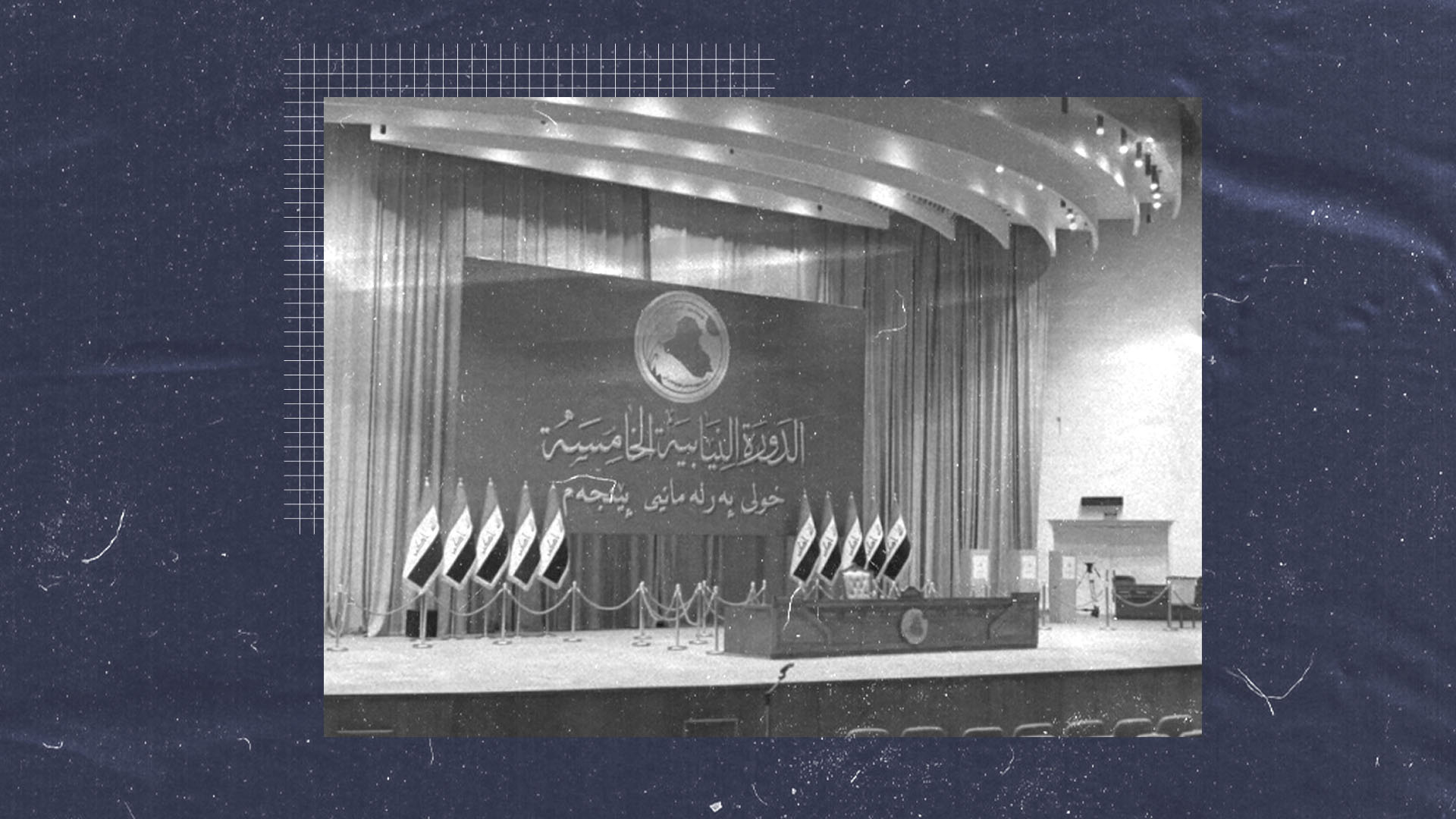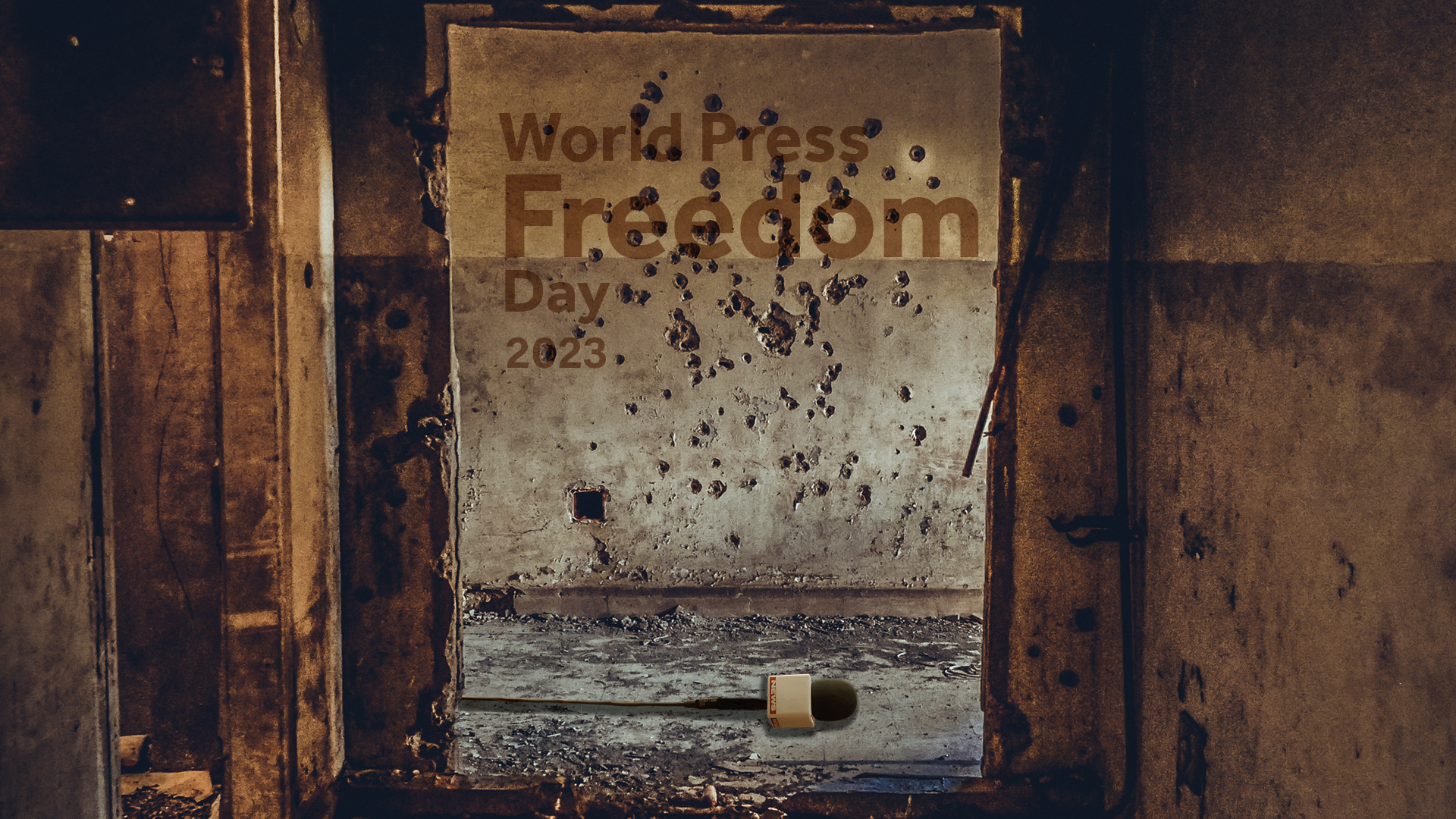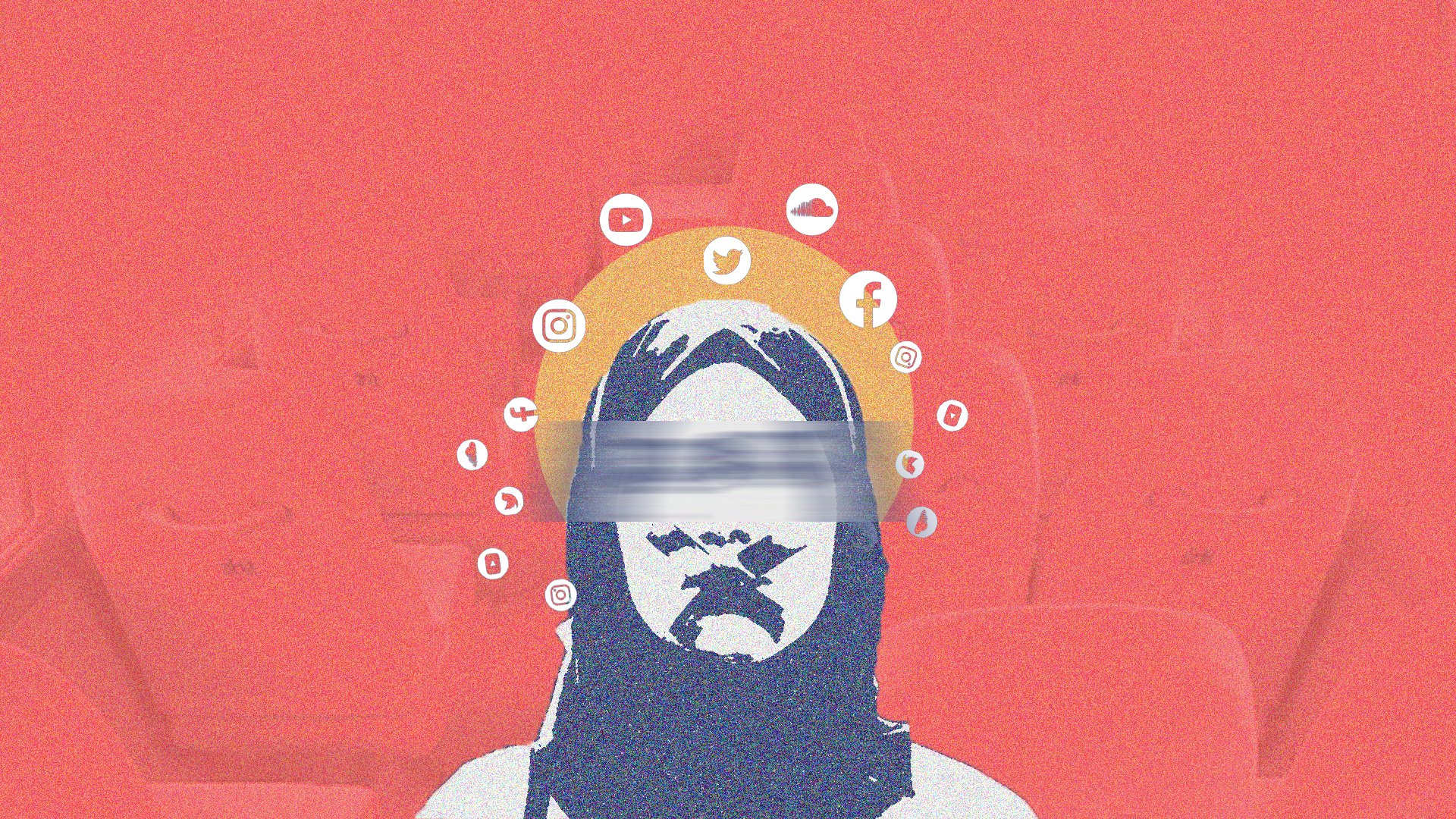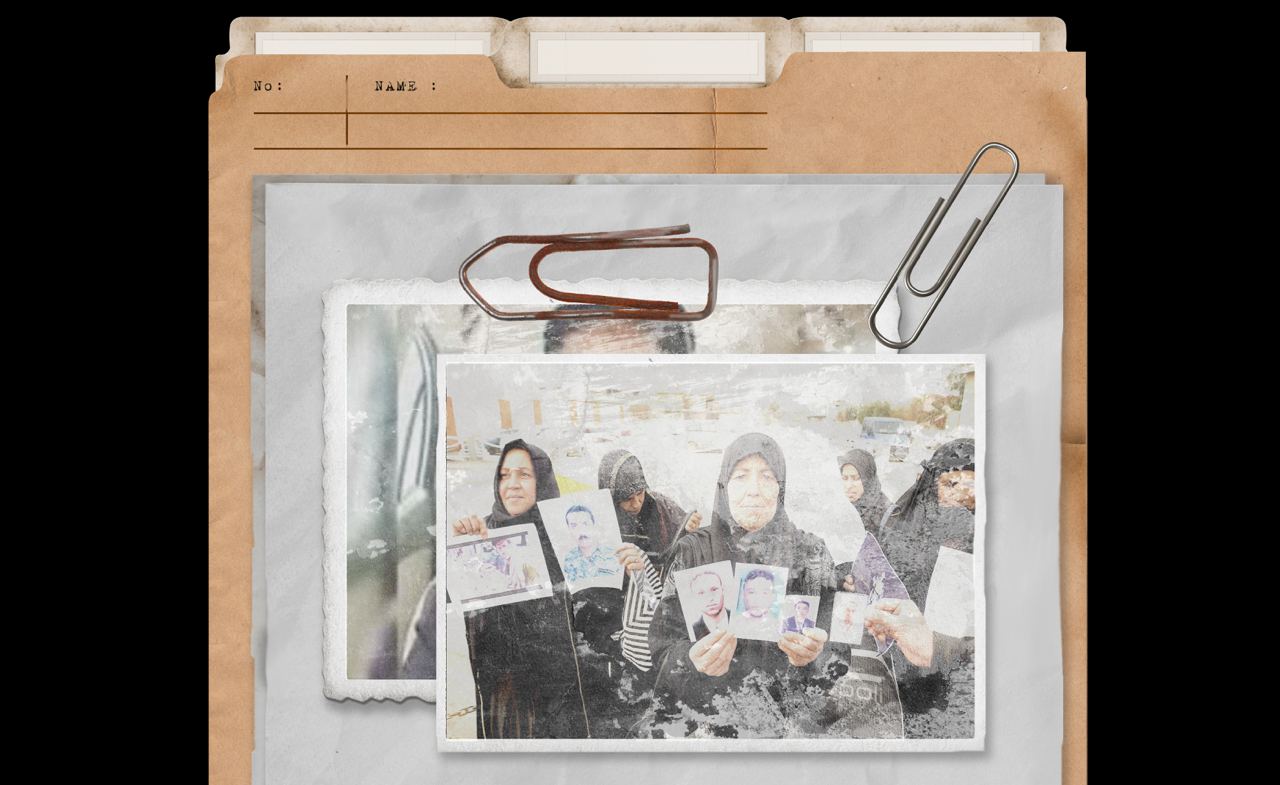This report monitors attacks on Members of Parliament belonging to the emerging political forces and the dangers of the use of violence against movements and politicians different from the influential political forces. The report presents interviews that were conducted by the Iraqi Human Rights Observatory (IOHR) and documents events concerning attacks and the closure of offices of certain members of the Council of Representatives.
The Iraqi Observatory for Human Rights (IOHR) stated (August 1st, 2023) that members of the Iraqi Council of Representatives face numerous risks aimed at limiting their political activities and preventing them from participating in the upcoming elections at the local and legislative levels.
These Representatives belong to new emerging parties, some of whom do not belong to any political bloc and are known as "independent", referring to their lack of membership in any of the political parties that have participated in the political process since 2003, but they are members of an emerging political party, grouping or movement that emerged from the protests that occurred in Iraq in 2019.
Most of these Representatives such as Alaa Al-Rakabi, Nissan Zair, Sajjad Salim, and Noor Nafeh emerged during the October 2019 protests, in which 560 protesters, activists and journalists were killed, according to the data that was presented by Husham Dawood, the Advisor of the former Head of Government, Mustafa Al-Kadhimi.
The challenges faced by this group of MPs have taken on a wider space in recent months, some of which have been made public whilst others have not been due to fears of their repercussions on the targeted Representatives.
Among these challenges and risks are the closure of offices, the removal from important parliamentary committees, attempts to obstruct their activities and actions within the Council of Representatives, and abstention from responding to official speeches addressed to State institutions, according to interviews conducted by the Iraqi Observatory for Human Rights (IOHR) with Members of Parliament and Head of Offices.
Most of these Representatives, who have been nominated individually or within emerging political parties, have no political support from a major party, or an armed group, and do not possess the political influence of traditional forces, which puts them at a disadvantage by large blocs which are not satisfied by their presence in the Council of Representatives.
On 4 June 2023, the Representative of Babylon province south of Baghdad, Yasser Al-Husseini, appeared in a video speaking of the assault and threats committed against him and his family.
He said in the video that he appeared in: "A year and a half ago since I was silent about the disadvantages I experienced and corruption, but I won't be silent anymore."
He added: "I'm not going to be silent about anything anymore, and what I want is for those who threatened my family to face me."
Four days later, Husseini wrote on his official Facebook account: "Now our office in the beloved city of Jabla has come under armed attack." Jabla is an Iraqi city belonging to the province of Babylon, south of the capital Baghdad.
Mustafa Saadoon head of the Iraqi Observatory for Human Rights, said: "Some of these attacks are part of the conflict within constituencies, and others are aimed at undermining the activities of Representatives who have emerged over the past two years."
He added: "Political competition cannot be turned into attacks, threats and intimidation. It must be limited to political and legal mechanisms and everything guaranteed by the Iraqi Constitution. Going towards the use of arms and influence against Members of Parliament with emerging political experience can undermine democracy in Iraq and the language of arms and force would prevail more than it does now ".
These Representatives ran for legislative elections in October 2021, individually or as part of emerging movements that raised slogans from the 2019 protests. Whoever arrived in the Council of Representatives had to choose between remaining independent, joining the big governing powers or at least approving their projects.
In 18 May 2023, an armed force belonging to the Popular Mobilization Forces (PMF) closed the office of Representative Sajjad Salim in Wasit governorate. Salem is an opponent of the armed groups' presence, always appearing in the media to criticize influential forces.
Sajjad Salem said during an interview with the Iraqi Observatory for Human Rights (IOHR) that "threats are aimed at sizing opposition forces or any Representative who exposes a corruption file related to traditional political forces or the parties that possess armed forces."
He added: "After the failure of the file of enticing some Representatives and buying their conscience, the tendency is now to directly threaten them or their families or even their office members".
Salim believes that "traditional forces, militias and armed factions are acting by all illegal means to curb and prevent the growth of socio-political currents aiming to change".
Some of these Representatives seek to form political parties to participate in the elections of the Provincial Councils on September 18, 2023, in an attempt to compete with the large parties that controlled the Councils before their work was halted in 2019 following the large protests in Iraq at the time.
The Iraqi Observatory for Human Rights (IOHR) met with the Independent Representative of Dhi Qar province, Nissan Zair Al-Salhi, who also complained of "significant" risks and threats she had been subjected to from her election to the moment she was still active in the Parliamentary Human Rights Committee.
Nissan Zair Al-Salehi said: "I have been threatened and my house was attacked four times. On one occasion the attack was the detonation of an explosive device and a glass bottle (Molotov cocktail), which caused material damage ".
She added: "After that, I was subjected to numerous attacks, and many smearing attempts. When I ran for office, the threats were from within the constituency where I ran, but after voting on the new electoral law, the threats expanded. "
Al-Salehi believes that the aim of all that she has been subjected to is to prevent her from running for elections again, or to prevent anyone close to her from running for elections to the Provincial Councils next September.
The Iraqi Observatory for Human Rights (IOHR) said that the threats and risks posed to Members of Parliament who do not belong to large political blocs or armed groups or have reached the Council of Representatives with independent individual candidacies are aimed at undermining their political activities and forcing them not to stand in the upcoming elections or preventing them from moving towards services, political or other files related to suspected corruption.
When these Representatives reached the Council of Representatives, some of them faced numerous attempts by large political forces, including the mechanisms sticks and carrots, some of whom fell into the trap of carrots, while those who refrained faced sticks.
In an interview with the Iraqi Observatory for Human Rights (IOHR), the Head of Office of one of the "independent" Representatives, who did not mention his name due to fears of repercussions for those statements, said that "independent Representatives who did not go along and did not sign with government-forming forces were removed from the membership of Parliamentary Committees, such as the Representatives Sajjad Salem and Nazim Al-Shibli."
He added that "the two Representatives and those who are similar to their case cannot undertake Parliamentary interrogations of executive officials which requires at least 10 signatures, nor do ministries run by partisan ministers respond to their queries, as well as the executive government departments."
Noor Nafeh, also an "independent" Representative, said during an interview with the Iraqi Observatory for Human Rights that "The treatment in the Council of Representatives and State institutions with independent Representatives has discrimination and is radically different from the treatment of Representatives of large parties."
Mohammed al-Shammari, Director of the Office of the Representative of Emtidad Movement in Diwaniyah Governorate (Noor Nafeh), said during an interview with the Iraqi Observatory for Human Rights (IOHR) that "independent Representatives who have maintained their independence suffer a lot of harassment and impediments while performing their Parliamentary work."
He added: "Most of them have been excluded from chairing Parliamentary Committees. This is an explicit violation to the rules of procedure of the Council of Representatives. Many are not heard and are not dealt with by ministers belonging to or close to the governing parties."
Al-Shamri noted that "these harassments have reached scaremongering, intimidation and waving challenging their membership or forming investigative committees against them and preventing them from speaking during Parliamentary sessions."
Al-Shamri said that he "noted a lot of remarks on the performance of the Presidency of Parliament in dealing with independent Representatives, on the dealing of members of the Coordination Framework (CF) and other governing forces. the governing Powers seek to thwart this experience for fear of the gravity of their success over their ongoing political work since 2003 ".
On 27 October 2022, during the voting session on the Government of the Sudani, Representative Ala Al-Rakabi, one of the Representatives who arrived in the Council of Representatives after participating in the 2019 protests, was beaten by colleagues belonging to the "Coordination Framework", the bloc that formed the current Government.
Al-Rikabi said in a video broadcasting during his entrapment in the Council of Representatives: "We were beaten by Members of Parliament belonging to the Coordination Framework, and the Representative Falah Al-Hilali was with me and they threatened to kill us and our lives are in danger and we are now trapped in the Council of Representatives."
The Iraqi Observatory for Human Rights said that Members of Parliament, regardless of their performance, represent their constituents who brought them to the Council of Representatives, and that imposing the language of violence and intimidation could endanger citizens' confidence in the upcoming elections and weaken turnout.
Adding that violent and intimidating behaviour would prevent reaching the People's Assembly (Parliament) by individuals with ideas different from those of the members of the governing Powers, and the results would be dire in the future with the accumulation of such behaviors.
The Iraqi Observatory for Human Rights stressed the need to abandon violent and intimidating behaviour, and have respect for voters and their choices expressed through the ballot box.




